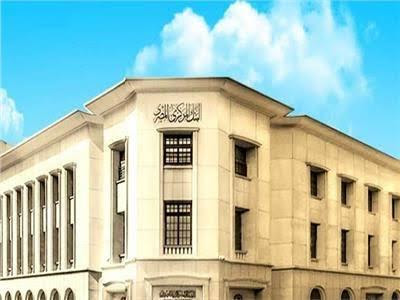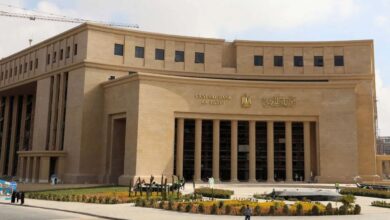
The Central Bank of Egypt’s decision to raise interest rates by 200 basis points on deposits and borrowing comes to counter the wave of devastating high inflation rates by the US Federal Reserve, al-Sayed Khedr, an economist, said.
He continued by saying that this step will lead to a rise in the exchange rate of the US dollar in the coming period, which in turn will have repercussions on prices.
Khedr told Al-Masry Al-Youm that permanent reliance on monetary policy in Egypt must change, stressing the need to enhance Egyptian industries and increase production and real investments to counter the current economic circumstances.
“We will witness a state of looseness in global markets, and a continued rise in inflation rate,” he said, adding the continued high price and inflation rates will require the of policies to rationalize spending.
Khedr pointed out that the rise in prices will lead to a major decrease of purchasing power.
This means that the contractionary monetary policy will not have an impact on the improvement of the performance of economic indicators.
Purchasing power will decline with inflation that has swept most countries of the world and has caused a rise in the prices of basic commodities: especially food prices.
High inflation rates exacerbate the problem of global food shortages and confusion in supply chains, which is usually accompanied by a rise in the prices of goods and services, especially strategic goods, he explained.
Khedr stressed the need to tighten control over the domestic markets.




